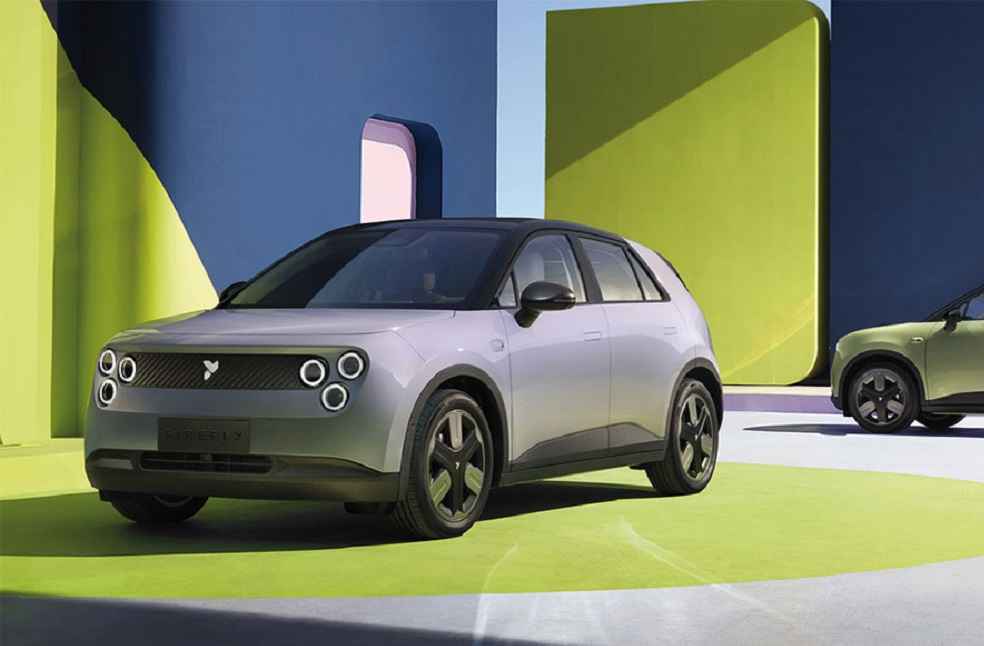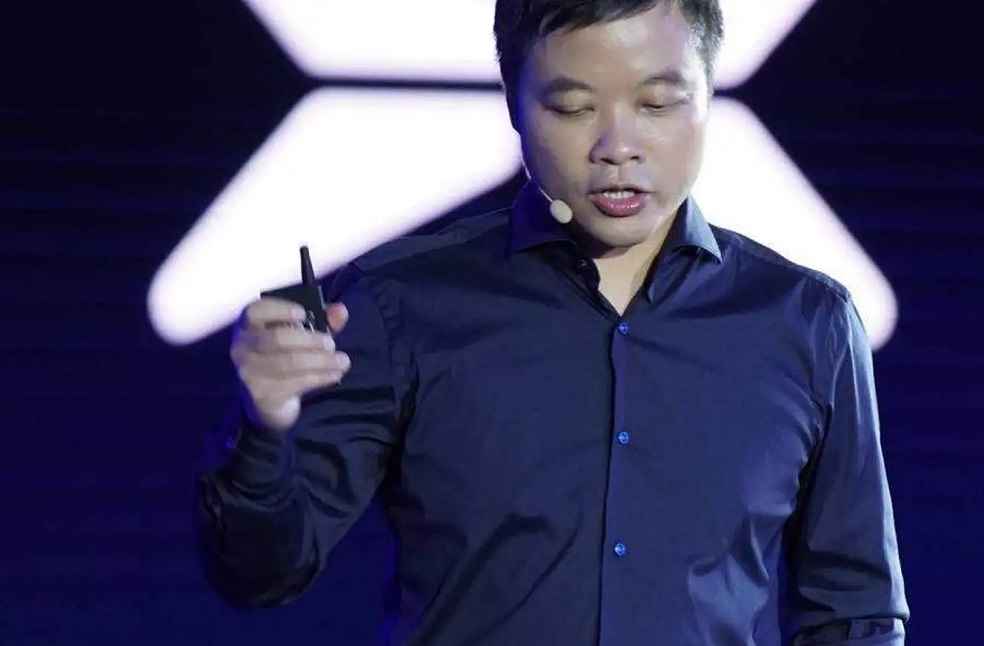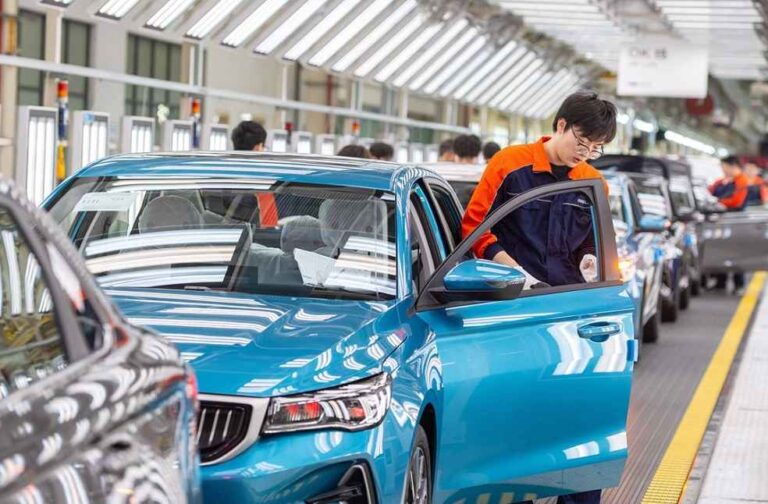As China’s auto industry undergoes a critical transformation toward intelligence and electrification, a growing price war threatens long-term sector sustainability, warned industry experts and executives at recent automotive forums.
Wang Xia, president of the automotive sub-council at the China Council for the Promotion of International Trade, revealed that more than 200 vehicle models were discounted in 2024. Despite a 4.5% year-on-year rise in overall sales, industry profit margins declined to 4.3 %, lower than in 2023. From January to April alone, over 60 models saw price cuts, yet profits dropped further to 3.9%.
Speaking at the 2025 Man Machine Mobility conference in Shenzhen, Wang cautioned that excessive price competition disrupts orderly market dynamics and undermines investment in innovation. “Technological enhancement is the core of the current auto industry revolution,” Wang said, stressing that slashing R&D budgets in favor of short-term sales gains could weaken long-term competitiveness.

Industry leaders echoed these concerns. Huawei’s intelligent automotive division CEO, Jin Yuzhi, said the company invests more than 10 billion yuan ($1.39 billion) annually in automotive intelligence, driving advancements in core technologies and aiding automakers in improving vehicle quality and safety.
Nio’s founder and chairman, William Li, underscored continued investment in R&D and infrastructure. He identified smart driving chips, full-stack operating systems, and intelligent chassis as critical technologies, noting that Nio has made major progress in each area. In late May, Nio launched the first version of its Nio World Mode, an intelligent driving system offering upgrades in safety, navigation, and parking, now benefiting over 400,000 vehicles.
Li also highlighted Nio’s extensive infrastructure, including over 3,300 battery swapping stations and more than 20,000 charging piles nationwide, 90% of which are used by other brands. Nio plans to launch nine new models across its Nio, Onvo, and Firefly brands in 2025. In May, it delivered 23,231 vehicles, a 13.1% increase year-on-year.

XPeng CEO He Xiaopeng said the upper limits of intelligent vehicles are being redefined by computing power and large AI models. XPeng is developing a 72-billion-parameter AI system with a target to go global by 2026. Safety, enhanced visual perception, and reinforcement learning are among its key development areas.
Meanwhile, Horizon Robotics founder and CEO Yu Kai reported that the company, specializing in autonomous driving technology, holds the industry’s largest scenario library. In 2024, nearly 3 million vehicles were equipped with its assisted driving systems, giving it the top market share in the segment.
At the 2025 China Auto Chongqing Summit, Changan Automobile chairman Zhu Huarong called for fair global competition rooted in legal compliance and product quality. Duan Jianjun, CEO of Beijing Mercedes-Benz Sales Service, remarked that the automotive industry is not a 100-meter sprint but a marathon, urging companies to stay focused on long-term value rather than short-term price battles.
NEW LAUNCH | Go Industries Unveils Modular Grille Guard for Trucks





